Your skin is the largest organ of your body. It is beautifully designed to protect and support your insides, but it often takes a beating as your first line of defense against the outside world. Skin can look dull and become marked with battle scars of external stressors.
The products we use to promote the health and wellness of our skin are plentiful. Italian skincare dates back to the early centuries, and many of the same ingredients used then are still used in modern-day Italian skincare lines.
At Furtuna Skin, we combine the wisdom of the old world with current innovation to develop natural, potent, and effortlessly skin-beneficial products. Here’s how Italian skincare works and how it has changed over the years.
What Is Italian Skincare?
In short, Italian skincare focuses on giving skin the highest quality ingredients so it can function at its highest capacity. We avoid harsh synthetic ingredients and look to the land (not the lab) to find solutions for skincare concerns.
Italian skincare believes in the ability of the skin to regulate itself. If given the right ingredients, your skin can thrive on its own, with no interference from harsh chemicals. Plant botanicals, oils, and extracts form the core of Italian skincare practice.
The Italian skincare philosophy centers around allowing nature to work synergistically with your skin to help restore, rejuvenate, and encourage radiance. This, we believe, is the gateway to healthy skin and graceful aging.
What Is the Role of the Olive in Italian Skincare?
The olive is foundational in the Mediterranean diet. Praised for its ability to support healthy bodily functions, the natural compounds found within this simple fruit also make up the backbone of Italian skincare as it was centuries ago and remains today.
The olive contains numerous vital compounds that help skin thrive.
- Polyphenols. These natural compounds found in olives act as powerful antioxidants. Your skin needs antioxidants to protect against oxidative damage from free radicals.
Free radicals come from the sun, pollution, and cigarette smoke. Skin problems like dullness, dryness, and even dark spots are usually the result of being exposed to free radicals without the protection of antioxidants. Protection against free radicals can mean fewer signs of early aging.
- Vitamin E. Olives are a potent source of vitamin E, which is a powerful antioxidant. Vitamin E is found naturally in our skin’s own sebum. As we age, our skin produces less sebum, so using natural products containing vitamin E is vital to keeping skin hydrated.
Vitamin E works as both an emollient and a humectant. Emollients keep skin soft and smooth, while humectants provide a protective barrier on the skin that helps it retain moisture. Your skin needs both emollients and humectants to stay perfectly balanced.
- Fatty Acids. The omega-3 fatty acids in the olive benefit the body, but they also help and support your skin. Polyunsaturated fatty acids are beneficial for helping reduce skin irritation and soothing stressed skin.
Blemish-prone skin, rough spots, and areas of dermatitis are no match for the soothing, restorative properties these fatty acids offer your skin.
The olive has always been a vital ingredient in Italian skincare. At Furtuna Skin, we infuse our products with our own single-origin, organic extra-virgin olive oil, and organic olive leaf water cold pressed from the olive trees that grow organically on our private farm.
What Should I Know About Olive Oil for Skincare?
Homer referred to olive oil as “liquid gold,” and the Italians have appreciated this for centuries. Hippocrates also referred to it as the great healer. Ancient Italian cultures used olive oil for bodily benefits but also used it for hair, nails, and skin. Olive oil was considered precious and, during this time, was only available to elite classes.
Both women and men used olive oil as a skincare treatment, massaging it into their skin to replenish moisture, protect against the sun, and add shine to their complexion. The extraction of olive oil in ancient times never involved heat, which can destroy the important compounds in olive oil and render it less effective.
Today, we still use a non-heat method of extraction to ensure the olive oil we use retains all of the vital ingredients your skin needs.
How Has Italian Skincare Evolved?
The olive is at the core of current Italian skincare. New innovations now allow us to gather extracts from other plants, which are also beneficial to the skin. Olive oil is the perfect vehicle for delivering these ingredients to the skin, working simultaneously with them to encourage restoration and radiance.
At Furtuna Skin, we use Soundbath® technology to gently extract other plant botanicals into our olive oil to create products that are powerfully potent and effective products for every skin type. The results are easy to see.
New Innovation Meets Old World Wisdom
Your skin as it was meant to be, protected from harsh aggressors, chemicals and products that damage and strip the hydration and radiance. Furtuna skin is here to protect it.
Ready to give Italian skincare a try? We recommend the Furtuna Skin Custom Discovery Set. A sampling of some of our favorite skincare products so you can experience the difference for yourself.
When you’re ready to rejuvenate your skin completely, the Furtuna Skin Transformation Set is the solution. An uncomplicated, three-step process that will completely transform your skin in just minutes per day.
Furtuna Skin: Renaissance Meets Revolution
Your skin can thrive naturally. Furtuna Skin products restore, rejuvenate, and hydrate your skin — much like Italian skincare was centuries ago, but with new, plant-based technology that gives your skin even more natural compounds to protect it and help it age gracefully.
Sources:
Potential Health Benefits of Olive Oil and Plant Polyphenols | PMC
What Vitamin E Does for Your Skin's Health | Cleveland Clinic
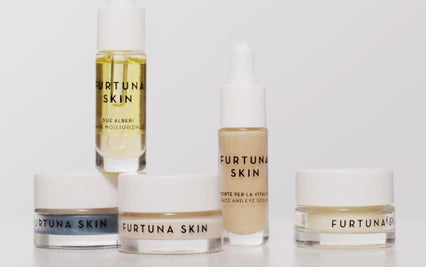
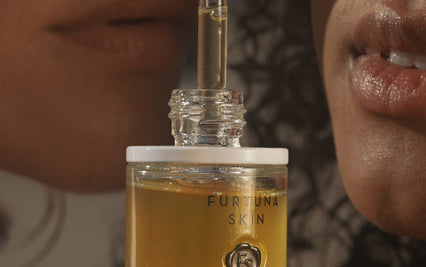
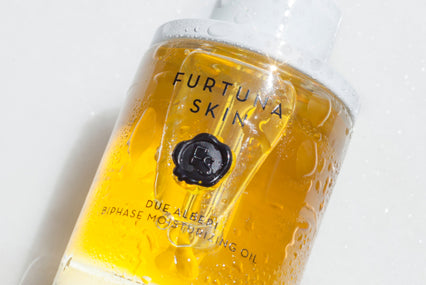
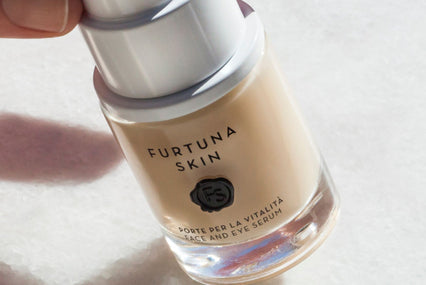
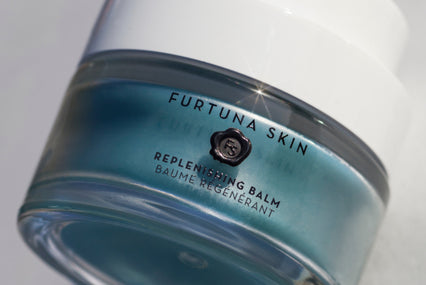
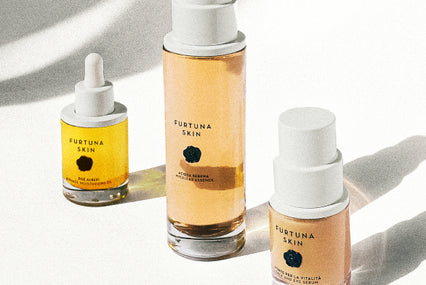
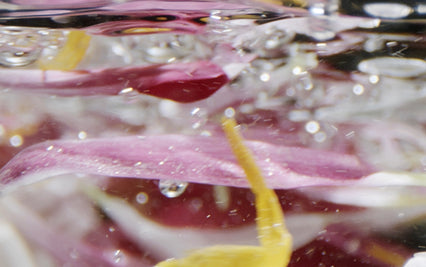
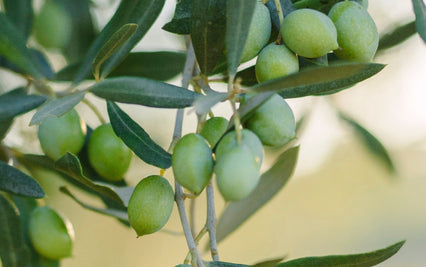

Comment